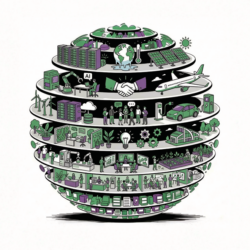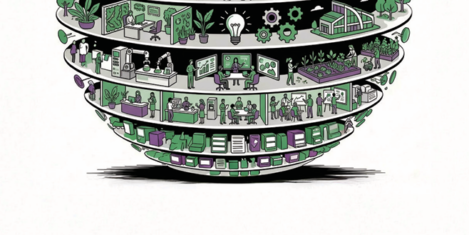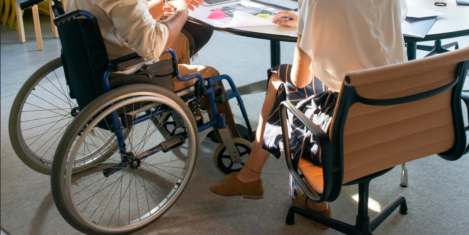To provide the best experiences, we use technologies like cookies to store and/or access device information. Consenting to these technologies will allow us to process data such as browsing behaviour or unique IDs on this site. Not consenting or withdrawing consent, may adversely affect certain features and functions.
The technical storage or access is strictly necessary for the legitimate purpose of enabling the use of a specific service explicitly requested by the subscriber or user, or for the sole purpose of carrying out the transmission of a communication over an electronic communications network.
The technical storage or access is necessary for the legitimate purpose of storing preferences that are not requested by the subscriber or user.
The technical storage or access that is used exclusively for statistical purposes.
The technical storage or access that is used exclusively for anonymous statistical purposes. Without a subpoena, voluntary compliance on the part of your Internet Service Provider, or additional records from a third party, information stored or retrieved for this purpose alone cannot usually be used to identify you.
The technical storage or access is required to create user profiles to send advertising, or to track the user on a website or across several websites for similar marketing purposes.
 WORKTECH Academy has published a new trends report setting out what it describes as the key forces reshaping work, workplace and workforce strategy in 2026. The report, The World of Work in 2026, claims to identify twenty trends grouped into four “megatrends”: Human Performance Reset, Workplaces Without Walls, Sustainable Growth and Back to Basics. Together, they suggest organisations are moving away from short-term fixes and “spectacle”, and towards building long-term resilience through adaptability and human capability. (more…)
WORKTECH Academy has published a new trends report setting out what it describes as the key forces reshaping work, workplace and workforce strategy in 2026. The report, The World of Work in 2026, claims to identify twenty trends grouped into four “megatrends”: Human Performance Reset, Workplaces Without Walls, Sustainable Growth and Back to Basics. Together, they suggest organisations are moving away from short-term fixes and “spectacle”, and towards building long-term resilience through adaptability and human capability. (more…)




































January 14, 2026
Fashion has an unexpected influence on commercial interior design
by Laura Light • Comment, Workplace design